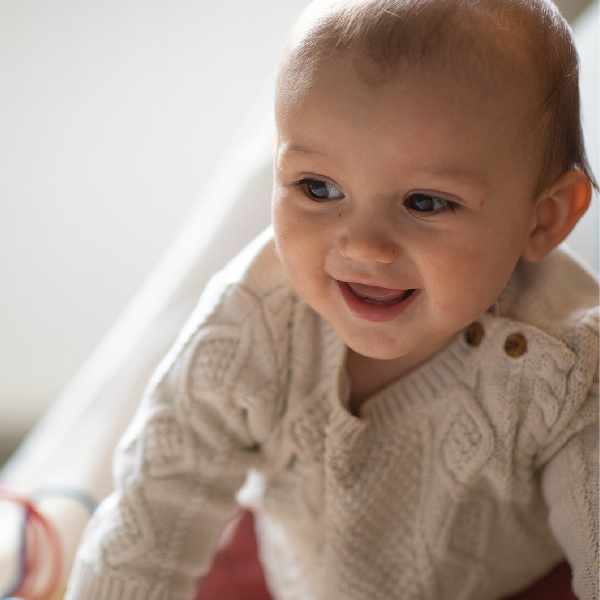

As a qualified teacher, mum, parenting coach and all-round Early Years expert, Sophie has a wealth of practical, real life experience to share with parents.

As a mum of two and a registered GP, Stephanie has seen more than her fair share of little ones! She has lots of practical tips and professional know-how on hand to help parents.

Katie is a mum of one, and also our resident Nutritionist. Bringing over 12 years’ experience, and a passion for infant weaning and nutrition to our Expert Panel.

Having a new little one in the house is a time filled with so much emotion. You’re likely to be feeling joy, excitement and probably a little bit worried. That’s okay, these are feelings all new parents experience, even if it’s not your first. You’ll soon find out that feeding your little one will become your number one priority and probably take up most of your day! It’s normal to have lots of questions about feeding at this stage.
You may be wondering what your feeding options are, if your little one is eating enough or when to know they’re full? We’ve asked our panel of experts to share their top tips on how to feed your precious newborn in the first 6 months.
Whilst Breast Feeding is recommended by the NHS, due to its health benefits, it’s not the only way to feed your little one. There are other options, including expressing or pumping breast milk and or using a formula. What’s important is that you find the way that works the best for you and your family.
General Practitioner Dr. Stephanie Ooi says:
Kiddylicious Nutritionist Katie Angotti adds:

General Practitioner Dr. Stephanie Ooi says:
Early Years Child Development Specialist Sophie Pickles says:
Your baby will let you know when they are hungry. There are many cues you can easily identify – crying, general agitation, riding around rooting, moving their head around and looking for a bottle or the breast. Opening and closing their mouth or hands, looking around and moving their eyes a lot and showing that they’re alert and searching or, in slightly older babies, putting their hands to their mouths or chewing their fists. It’s about learning your baby’s hunger cues. Watch them and you may start to notice, oh, every time about 10 minutes before I feed them, they show this particular behaviour – which is their way of saying they are hungry. Crying is often the last thing they will do, and only when really hungry. It’s best to try to feed them before they get to that point.

Kiddylicious Nutritionist Katie Angotti explains:
You may see other babies who are feeding more or less frequently than yours – try not to worry, this isn’t necessarily important. Look to see if your baby is having frequent wet and dirty nappies, because what goes in must come out. It’s an easy way to see if they are eating enough.
You can also check if your little one is broadly following a consistent growth pattern, as each baby will establish their own feeding and growth pattern.
Kiddylicious Nutritionist Katie Angotti says:
General Practitioner Dr. Stephanie Ooi adds:

Kiddylicious Nutritionist Katie Angotti says:
Mums often feel under pressure to eat the perfect breastfeeding diet, take the pressure off yourself. Remember that your body is phenomenal. It will make everything you and your baby need; you just need to stay well fed. Whilst it’s recommended to have a well-balanced diet, it doesn’t need to be perfect from day one. Go easy on yourself: if you want to buy pre-prepared veg or use the microwave a bit more, that’s absolutely fine.
Kiddylicious Nutritionist Katie Angotti says:
The first few months post birth, is your fourth trimester, where having a support network is invaluable. As you’ll be busy feeding your baby, know that it’s ok to accept help to keep yourself well fed and watered. Make sure your partner, your parents, your friends, your family, whoever it is that’s around you in those early days are providing you with food and support.
Remember, support doesn’t always have to come from your family. There are also access groups and community networks which can help. I know one of my friends had such great support from her local church community who would bring food and drop it off at the door, making sure she had plenty to eat.
If you have any feeding concerns, we recommend that you speak to your healthcare professional or GP for individual support and advice.